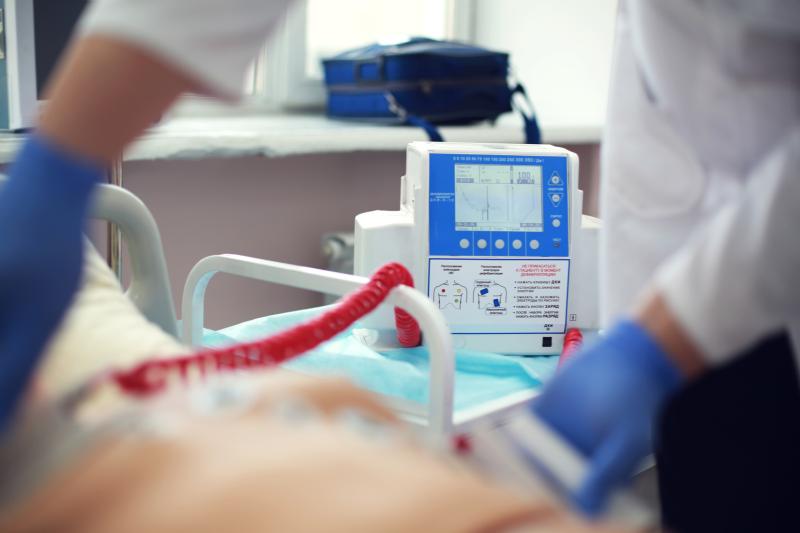 Patients whose heart attacks were labelled as secondary diagnosis were more likely to die than those whose primary cause of admission was a heart attack.
Patients whose heart attacks were labelled as secondary diagnosis were more likely to die than those whose primary cause of admission was a heart attack.Reported cardiovascular disease (CVD) event rates in pivotal clinical trials supporting contemporary US Food and Drug Administration (FDA)-approved cancer therapies fall behind the expected population rates, according to a recent study.
The investigators searched Drugs@FDA, clinicaltrials.gov, Medline and publicly available FDA drug reviews to evaluate all reported CVD events across phase II and III trials supporting FDA approval of anticancer medications from 1998 to 2018.
The primary outcome was report of major adverse cardiovascular events (MACE), defined as incident myocardial infarction (MI), stroke, heart failure (HF), coronary revascularization, atrial fibrillation (AF) or CVD death, irrespective of treatment arm. Report of any CVD event was the secondary outcome.
A total of 189 trials, evaluating 123 cancer drugs and including 97,365 participants (mean age, 58.5±5 years; 46.0 percent female; 72.5 percent on biologic, targeted or immune-based therapies), with 148,138 person-years of follow-up met the eligibility criteria.
Of the included trials, 62.4 percent reported any CVD event, which included 1,148 MACE events (375 HF, 253 MI, 180 strokes, 65 AF, 29 revascularizations and 246 CVD deaths; 792 in the intervention vs 356 in the control arm; p<0.01) over a median follow-up of 30 months.
The overall weighted-average incidence was 542 events per 100,000 person-years (716 per 100,000 in the intervention arm) compared with 1,408 events among similar-aged noncancer trial participants (relative risk, 0.38; p<0.01), which translates to a risk difference of 866.
In addition, no association was found between reporting CVD events and drug efficacy (hazard ratio, 0.68 vs 0.67; p=0.22).